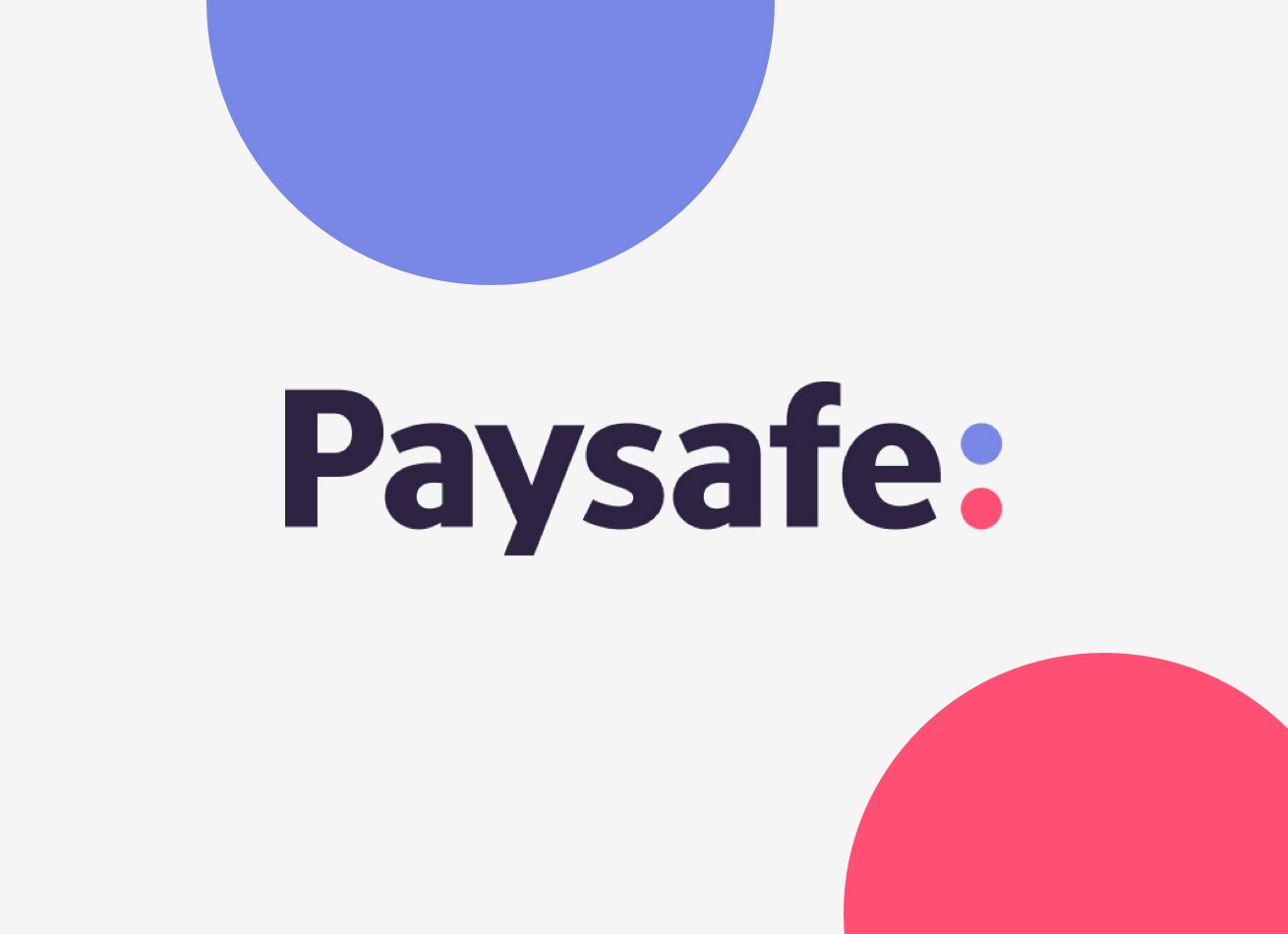Hybrid App Development Insights: Pros and Cons Explained
In the ever-evolving landscape of mobile app development, hybrid app development has emerged as a compelling alternative to traditional native and cross-platform approaches. By combining elements of both native and web technologies, hybrid apps offer a unique blend of advantages and challenges that developers and businesses must carefully weigh. Let’s delve into the pros and cons of hybrid app development to gain a comprehensive understanding of this approach.
Pros of Hybrid App Development
-
Cost-Efficiency: Hybrid app development is often more cost-effective than native development, as it involves building a single codebase that can be deployed on multiple platforms (iOS and Android). This eliminates the need to hire separate development teams for each platform, reducing development and maintenance costs.
-
Faster Time-to-Market: With a single codebase and streamlined development processes, hybrid apps can be launched faster than native apps. This accelerated timeline can be crucial for businesses seeking to gain a competitive edge or respond quickly to market demands.
-
Wider Market Reach: Hybrid apps can reach a broader audience, as they are compatible with both iOS and Android devices. This increased market penetration can lead to higher user acquisition and potentially greater revenue generation.
-
Easier Maintenance and Updates: Maintaining and updating a hybrid app is generally easier than managing separate native apps. Changes made to the single codebase can be deployed across all platforms simultaneously, reducing maintenance effort and ensuring consistency.
-
Access to Device Features: Hybrid apps can access a wide range of device features, such as the camera, GPS, contacts, and storage, through plugins and APIs. This allows developers to create apps with diverse functionalities without the need for extensive native coding.
Cons of Hybrid App Development
-
Performance Limitations: Hybrid apps may not always match the performance of their native counterparts, especially for graphically intensive applications or those requiring complex interactions. This is because hybrid apps run within a webview, which can introduce some performance overhead.
-
Limited Access to Native UI/UX Elements: While hybrid apps can access device features, they may not always offer the same level of native UI/UX elements as native apps. This can result in a less polished and seamless user experience, especially when compared to well-designed native apps.
-
Dependency on Frameworks: Hybrid app development relies on frameworks like Cordova or Ionic, which may have limitations or compatibility issues with certain plugins or libraries. This can sometimes hinder development and lead to unexpected challenges.
-
Limited Offline Functionality: Hybrid apps often rely on an internet connection for some functionalities, as they leverage web technologies. This can limit their offline capabilities, which might be crucial for certain types of apps.
-
Debugging and Testing Challenges: Debugging and testing hybrid apps can be more complex than native apps, as issues can arise from both the native code and the webview components. This can make troubleshooting and fixing bugs more time-consuming.
When to Choose Hybrid App Development
Hybrid app development is an excellent choice for projects where:
- Budget and Time Constraints: You have a limited budget and need to launch your app quickly.
- Simple to Moderate Complexity: Your app’s features and functionality are not overly complex or resource-intensive.
- Cross-Platform Reach: You want to reach a wide audience across both iOS and Android platforms.
- Content-Focused Apps: Your app primarily focuses on delivering content or web-based experiences.
Popular Hybrid App Development Frameworks
- Apache Cordova: An open-source framework that allows you to build mobile apps using HTML, CSS, and JavaScript.
- Ionic: A popular framework that builds on top of Cordova, offering a rich set of UI components and tools for building hybrid apps.
In conclusion, hybrid app development presents a viable alternative for businesses and developers seeking a cost-effective and efficient way to create mobile apps for multiple platforms. However, it’s crucial to carefully weigh the pros and cons to determine if it aligns with your specific project goals and requirements. By making informed decisions and choosing the right framework, you can leverage the benefits of hybrid app development while mitigating its limitations.




























